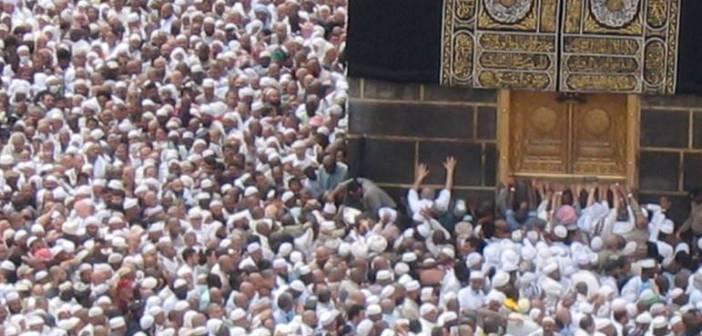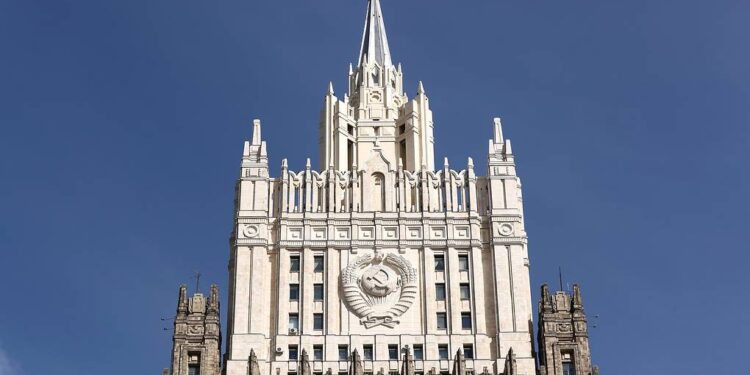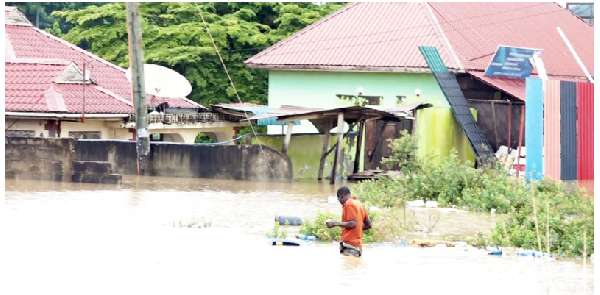Shoe on the other foot: Kabila also drawn into eastern DRC insecurity

The war in the Eastern Democratic Republic of Congo is likely to rekindle the rivalry between former president Joseph Kabila and his successor Félix Tshisekedi.
On April 5, Éric Nkuba, a strategic and political adviser to Alliance Fleuve Congo (AFC) leader Corneille Nangaa, who had been arrested in Dar es Salaam, Tanzania, and then extradited to Kinshasa, named the former Congolese president as one of the military supporters of the AFC rebels.
“Joseph Kabila is the exact opposite of what he is accused of,” the FCC statement said, adding that the former head of state is known as “a man of peace and dialogue, a patriot and proven democrat, a statesman who respects the Constitution of the republic, as well as his oath to respect this supreme law of the land.”
Tshisekedi’s party made the same accusations against Kabila at the end of March, saying he was behind some of the rebel groups. These accusations came against a backdrop in which some members of Kabila’s PPRD party have joined the AFC and M23 rebels, and together the rebels vow to overthrow Tshisekedi, whom they accuse of being a dictator.
Since the break-up, at the end of 2020, of the coalition that Kabila and Tshisekedi had formed to manage the DRC, the two leaders have been at loggerheads.
Military interrogation
In mid-March, Jaynet Kabila, the former president’s twin sister, was questioned for five hours by military intelligence.
Ms Kabila, who is also president of the Mzee Laurent-Désiré Kabila Foundation, named after her father (also a former president who was assassinated in 2001), had denounced what she called vandalism of the Foundation’s headquarters during a “search”.
According to the foundation, it was the Demiap, the military intelligence service, that carried out the search. The Demiap soldiers are said to have taken away computers, USB keys, telephones and other items, according to a press release from the foundation.
For now, the Congolese are waiting for a spinning coin, to see if the government will bell Kabila after all. In the DRC, former presidents are immune to prosecution, but the sitting head of state may waive it if he deems such a move warrants justice. However, it could also be political.
Augustin Kabuya, who is considered to be the man with the ear of the current Congolese president, even pressed his accusations, arguing that Kabila had, in fact, left the DRC in secret.
Kabuya said that the immigration directorate had no information about Kabila’s departure from the country.
“Kabila knew that these men were going to join the rebels,” said the leader of the president’s party.
The FCC, on its part, rejected the allegations, arguing that Kabila’s 18-year rule was faced with rebellions, attempted putsches and external aggression, “without the proven support of the new patriots who have only discovered patriotism since 2019 and who cynically disguise it to mask their chronic incapacity and accuse those who are not of their allegiance of variable-geometry treachery.”
The FCC, on its part, rejected the allegations, arguing that Kabila’s 18-year rule was faced with rebellions, attempted putsches and external aggression, “without the proven support of the new patriots who have only discovered patriotism since 2019 and who cynically disguise it to mask their chronic incapacity and accuse those who are not of their allegiance of variable-geometry treachery.”
Source: theeastafrican.co.ke





